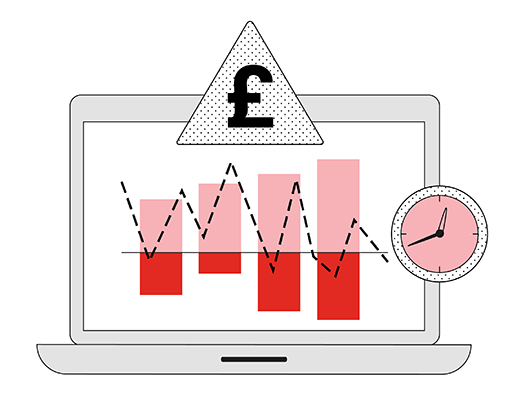5 Resilience to the economy’s ups and downs
The last two decades have seen a rollercoaster of dramatic events that have had major financial repercussions for all of us. The economic boom of the late 1990s and early 2000s was followed by the global financial crisis and then a recession in the early 2010s.
The last few years have seen household finances radically affected by the pandemic and the economic consequences of the wars in Ukraine and the Middle East.
Moreover, recent ‘trade wars’ between the US and other countries has resulted in a sharp decline in stock markets. In addition, uncertainty about future economic activity has also increased.
These events have a knock-on effect on household budgets.
Those who have money put aside are fortunate to be better placed to cope with the price hikes and other economic challenges – emphasising again the role of savings as a financial buffer.
So – particularly in light of the experiences of recent years – if you are fortunate to have some spare money, what would you do with it now?
Activity 2: Using spare cash
If you find you have spare cash what would you do? Select all that apply.
Discussion
The chances are that the answers may be a mixture of the suggestions above or some others not in the list. With rising inflation and higher bills the rainy-day fund is a sensible option.
Theory suggests that unexpected spare cash tends to end up in savings accounts (or other assets) rather than being spent (Friedman, 1957).
Hopefully there will be points in your working life when you have more money available, perhaps because your outgoings have reduced or you’ve got more money coming into the household. In these situations, it’ll be beneficial to save at least some of this extra money for the longer term.
We’ve covered many subjects in this session. Now it’s time to check your learning with another short quiz.

